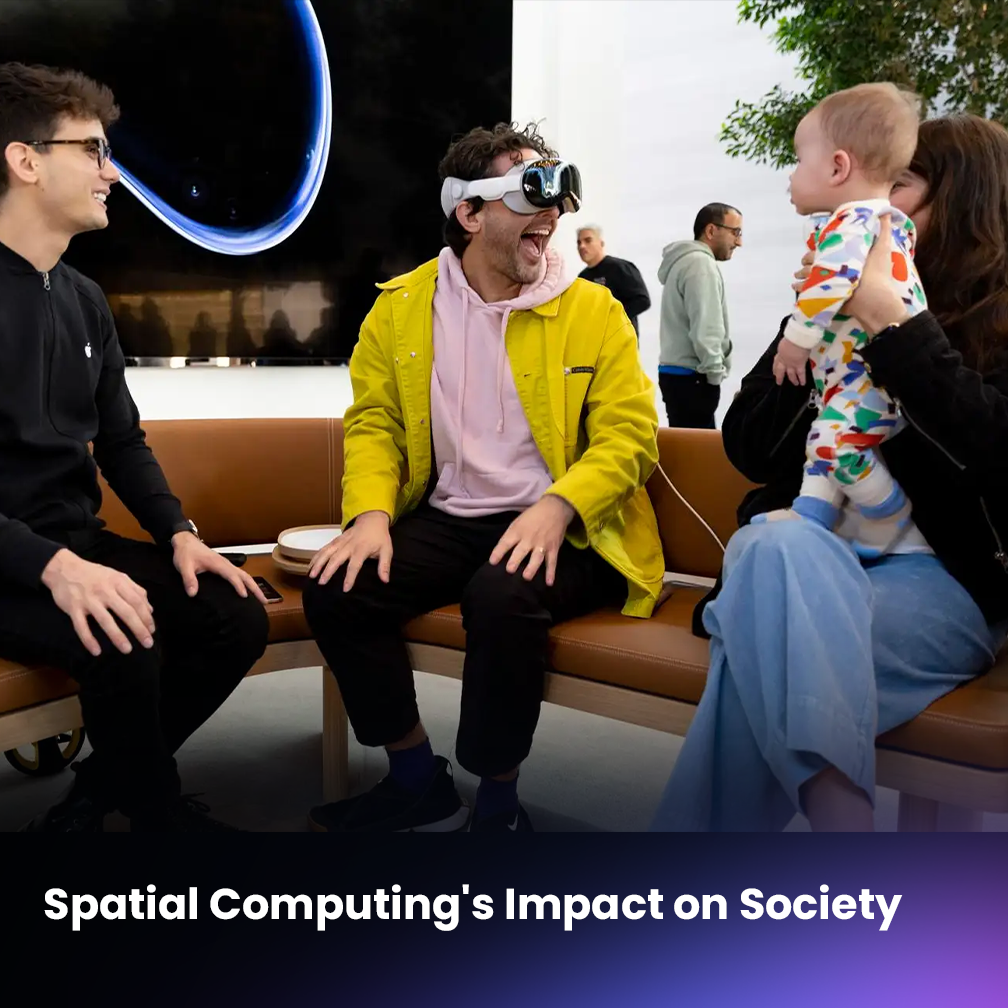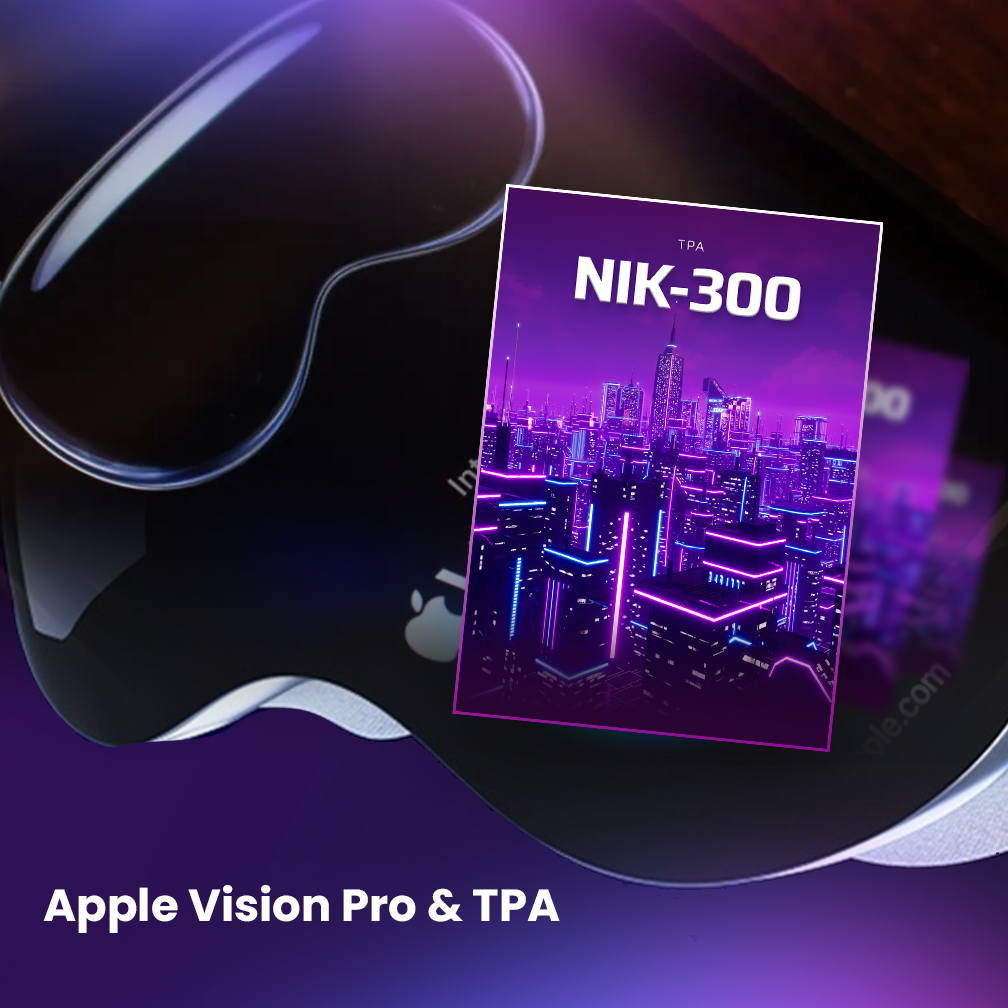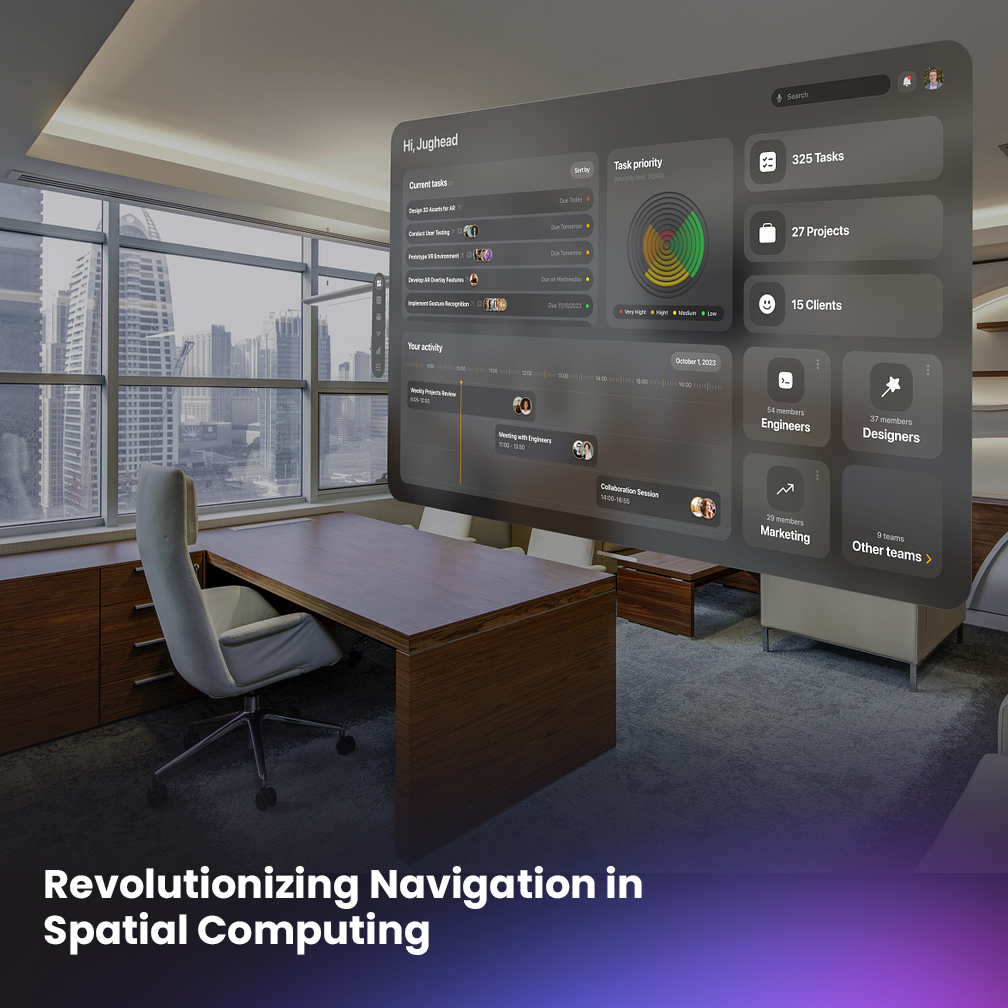Exploring the Boundless Possibilities of Spatial Computing

Estimated reading time: 3 minutes
Spatial computing is an expansive virtual world that offers its users a variety of built-in features, activities, and experiences.
Spatial computing provides an immersive environment that enables users to engage in activities, from role-playing and real-time combat to shopping and educational pursuits.
It also allows for virtual collaboration, enabling users to work together on projects or meet up to chat online. Spatial computing is an ever-evolving digital ecosystem that is constantly growing and adapting with new content, features and experiences.
Through it, users can craft their own adventures, build relationships and explore new concepts in a safe and secure environment. Spatial computing offers users an engaging and captivating virtual world with limitless possibilities for exploration, creativity, and connection.
Table of contents
What is Spatial Computing?
Spatial computing is an expansive virtual world that offers a variety of built-in features, activities and experiences.
It differs from traditional internet exploration in that it allows players to create their own avatars, explore landscapes, interact with other players and engage in social activities, among others.
Spatial computing provides an immersive environment that enables users to engage in activities, from role-playing and real-time combat to shopping and educational pursuits. It also allows for virtual collaboration, enabling users to work together on projects or meet up to chat online.
Spatial computing is an ever-evolving digital ecosystem that is constantly growing and adapting with new content, possibilities, features, and experiences.
Features and benefits of Spatial Computing
Spatial computing offers numerous features and benefits to its users. It allows them to craft their own adventures and build relationships in a secure environment, while also providing access to educational pursuits, shopping opportunities and real-time combat.
Spatial computing is also a platform for virtual collaboration, enabling users to work together on projects and communicate with one another. Additionally, spatial computing offers its users a variety of virtual reality experiences that are both engaging and captivating.
Spatial computing as a platform for collaboration
Spatial computing provides an ideal platform for collaboration between users.
Through it, users can work together on projects or meet up to chat online. It enables them to communicate in real-time and share files or documents with one another.
Spatial computing also provides tools for collaboration, including text chats, video calls, instant messaging and whiteboards. All of these features make it easier for users to coordinate their efforts and work together on projects more efficiently.
Virtual reality in Spatial Computing
Spatial computing also offers a variety of virtual reality experiences.
These range from immersive landscapes and environments to interactive animations and games. Through VR, users can explore new places, engage with characters and objects, or even take part in adventures designed by other players.
Virtual reality in Spatial computing is an engaging and captivating experience that allows users to explore a world without limits.
Conclusion
In conclusion, spatial computing is an expansive virtual world with numerous features and benefits for its users.
It offers a secure environment where users can craft their own adventures, build relationships, engage in educational pursuits, and collaborate on projects together.
Additionally, it provides access to virtual reality experiences that are both engaging and captivating.
Spatial computing is an ever-evolving digital ecosystem that offers its users endless possibilities to explore, create and experience a world without limits.








